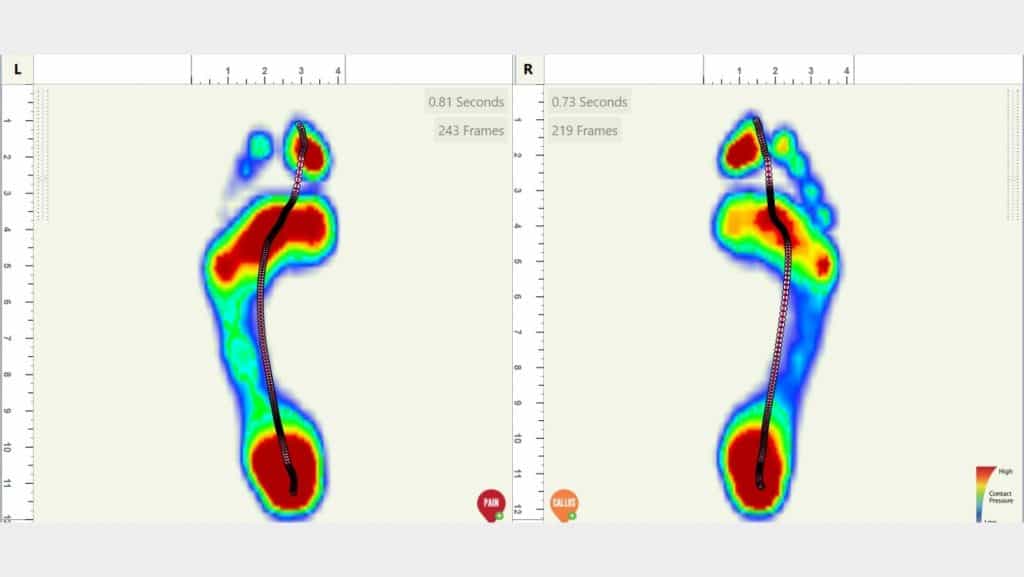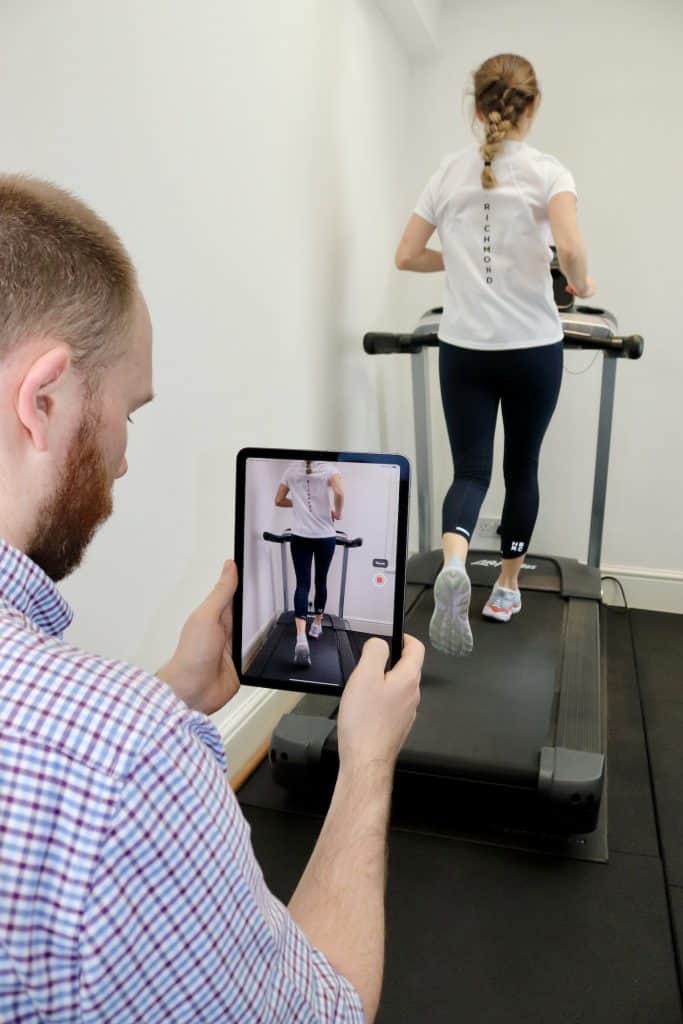Biomechanical Assessment
What is a Biomechanical Assessment
A biomechanical assessment is a detailed analysis of how your body moves. This assessment plays a key role in injury prevention, addressing current injuries, and enhancing performance. Also referred to as gait analysis, it helps identify how your movement patterns may contribute to pain or dysfunction.
How Can an Assessment Help?
Many people book a Biomechanical Assessment due to foot, knee, or hip pain that interferes with daily activities. It’s also beneficial for diagnosing issues like leg length discrepancies and overuse injuries such as ITB syndrome, Runner’s knee, Achilles tendinopathy, and Plantar fasciitis.
Improving your biomechanics can shift pressure away from painful areas. For instance, switching from a heel strike to a forefoot strike reduces the load on your knee but increases the load on your calf, which can benefit someone with knee pain.
Biomechanical Assessment Cost
- Cost: £165
- Duration: 45 minutes
Book your biomechanical assessment today and start moving better, feeling great, and improving your performance.
020 8785 2232Book Online Email
Types of Biomechanical Assessments
- Static Assessment: This non-weight-bearing assessment focuses on your anatomical alignment. We evaluate range of motion, muscle strength, and posture while looking at your overall alignment.
- Dynamic Assessment: This examination includes running and walking gait analysis using foot pressure plate technology and slow-motion video analysis. We assess your movement patterns to detect any asymmetries that may contribute to your injury.

Our Assessments
At Flawless Physio, we take a comprehensive approach. During your assessment, we’ll:
- Take a detailed history of your symptoms.
- Use slow-motion video capture to analyze your gait.
- Assess your strength, flexibility, and mobility.
- Provide advice on altering walking or running motion.
After your assessment, you’ll receive a personalised strengthening and mobility program with videos of your exercises. We may also recommend footwear or prescribe custom orthotics if necessary. If you’re interested in our orthotics, learn more here.
We follow up after 3-4 weeks to review your progress and ensure you maintain the improvements made during your initial appointment.

Running Gait Analysis
We specialise in all forms of gait analysis, particularly for runners. Whether you’re a recreational runner or a professional athlete, we provide detailed video running gait analysis. We discuss key elements like cadence, footwear, and training plans to help improve performance and reduce injury risk.
Our tailored running programs are designed to improve your running efficiency, whether you’re dealing with an injury or looking to enhance your performance. We recommend a 6-week follow-up to ensure you maintain the changes.
Is a Running Gait Analysis Worth It?
If you’re new to running or experiencing discomfort, a running gait analysis can help identify issues like over-striding, low cadence, or poor footwear choices. Small adjustments can significantly improve performance and comfort even if you’ve been running the same way for years.
We work closely with local running stores to stay current on the latest running shoe technology and offer our clients exclusive discounts.
